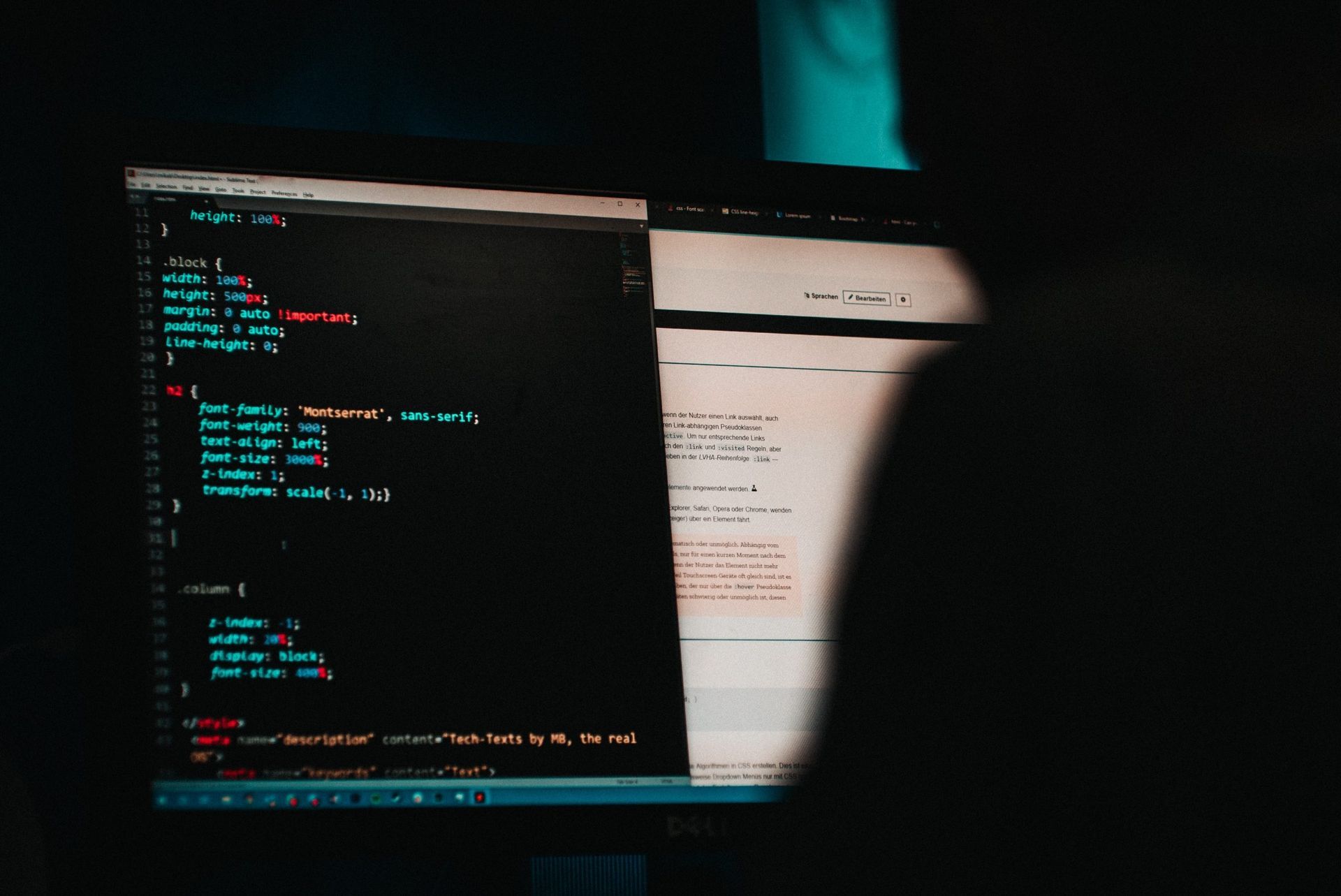Posted in Uncategorized

Three Urgent Steps You Should Take Now to Protect Your Client’s Intellectual Property, Reputation, and Profitability
Recent headlines continue to remind us of just how prevalent, persistent, and pernicious hackers and counterfeiters can be:
- U.S. Accuses Hackers of Trying to Steal Coronavirus Vaccine Data for China
- 3M Files Lawsuits, Shuts Down Websites Selling Fake Products During COVID-19 Pandemic
- Chinese Fugitive Taken into Custody as U.S. Claims Houston Consulate Was a Part of Espionage Network
And it’s not just large corporations and international governments that are falling victim to counterfeiters, hackers, and bad actors. Private companies are being targeted as well—smaller enterprises for which such actions can cause irreparable harm, not only to their intellectual property, but to their hard-earned reputations and, perhaps, even their very existence.
Nor are these damages being incurred only by international market players. And it’s not just the Chinese that stakeholders need to keep their eye on. Anyone who does business either internationally or nationally (which, thanks to the Internet, is practically everyone), is vulnerable to the possibility of someone taking their product to a foreign market, copying it, and selling it everywhere else in the world, both to the company’s detriment in the short term, but perhaps to the permanent destruction of the business at large.
Simply put, if you have a product out in the marketplace, it is prime to be discovered, acquired, duplicated, and illegally sold by counterfeiters.
Fortunately, there are preventative measures that companies large and small can and should take to stave off and lockout would-be counterfeiters and corporate counsel should be advising their clients on both the peril of inaction as well as the benefits inherent in pro-action.
Step One: Activate Your IP Co-Pilot
If a bad actor is committed enough to steal your intellectual property once, there is a strong likelihood that the counterfeiter is in it for the long game. Catching someone once, and achieving a cease-and-desist, is only the beginning. Because it’s so easy to find a product anywhere in the world, copy and/or counterfeit it, then re-market it to unwitting consumers, once you shut someone down—even if you can catch them—rest assured that they will pop up once again, under a different identity and maybe even in a different market. It then becomes a game of never-ending “whack-a-mole” to constantly monitor the market for scammers and to pursue action against them until each instance is terminated.
There are just too many places to hide, and then pop back up, open for counterfeit business: Sites like eBay, Alibaba, Amazon, Facebook Marketplace, Craigslist, and countless others are the usual marketplaces for these counterfeiters, but fraudsters have even been known to get counterfeit products into brick-and-mortar retailers…even the “big boxes”!
Someone needs to be monitoring the entire marketplace constantly—like a co-pilot in perpetual monitoring mode—to discover these instances quickly and to promptly put an end to them. If the client cannot devote someone to the initiative full-time, and general counsel lacks the bandwidth or expertise to do so, engage your IP attorney to perform this critical task. An ounce of prevention is worth a pound of cure!
Step Two: Engage Localized Courts, Customs Offices and State Agencies
Anything worth protecting is worth protecting wholly. Make sure you are seeking and obtaining patent and trademark protection in any international market you foresee conducting business in. It’s getting easier, in most cases, to collaborate with foreign state customs agencies and courts to erect protective walls around intellectual property. You can even now pursue legal actions in many markets in which, until recently, was next to impossible. Foreign agencies have become more cooperative over time, not less.
Working in partnership with such parties may not make your IP completely off-limits to hackers, but such actions will make things far more difficult on would-be cheaters, and counterfeiters may be discouraged from poaching your IP and move onto a smaller market or an easier target.
Remember: this is an ongoing process. As mentioned above, you likely won’t stop them permanently. You may shut down a counterfeiter in one market, only to see them shut down and re-emerge in another market, hoping to go undetected. Owners of IP have to be just as persistent as they are. But again, if IP was worth protecting by obtaining patents and trademarks, it’s worth policing in perpetuity.
Keep in mind: local and state governments won’t do this for you, as many presume. It’s the duty of the patent holder or license holder to proactively do this. And if nobody’s constantly on the case on your behalf, you may have no idea how much danger lurks out there, causing potentially irreparable harm to your reputation, your brand, and your very company!
Enlist An Army of “Free” IP Protectorates
Consider what’s at stake if you leave it to the courts or international governments to work this out for you: A customer buys a counterfeit product that is misidentified as yours (as was the case with 3M’s N95 masks), and that customer has a poor product experience, or worse, endures a harmful or even fatal outcome due to the product’s faulty replication of your design. An uninformed customer, not knowing they purchased a counterfeit, may:
post negative reviews on e-tail websites, social media or other online forums;
- spread negative word-of-mouth about your product and brand;
- contact the media to air a public grievance of their negative experience; or
- file suit against you, even though you weren’t even the manufacturer of the counterfeit product.
Think about what claims of product performance your IP stakes out: If you’re manufacturing brake pads, airbags, PPE, tires, transmissions, or anything on which lives and safety rely, there’s too much at stake for you to allow someone passing bad goods off as your own. Losing current and future customers is only one bad outcome. Permanent reputation damage could be fatal to your business. And who wants to devote resources, energy, and attention to a frivolous lawsuit?
The good news is that most brands have loyal and committed advocates as their customer base. These customers are almost “fans” of given products (Apple, Nike, etc.), and they will act and speak on behalf of, and in defense of, the products they adopt into their lifestyles and grow to love as parts of their own identities.
Give your fans and customers a reporting channel to help root out, expose, and ultimately put an end to counterfeiters and scammers. Consider creating a specific website (or section on your corporate website) that facilitates self-reporting whenever discoveries of counterfeiting occur. Allow users to upload photos, report (and even link to) the marketplaces in which these discoveries are made. Have your IP counsel be a regular monitor of this activity, and perhaps even open up a channel for two-way dialogue, be it a message board or live chat function.
This will, in effect, allow you to field an “army” of volunteer counterfeit combatants, who in the aggregate provide far more reach and deeper channel penetration than you would ever be able to personally staff yourself, even with general counsel on the case.
I recognize that many of us—business owners, corporate counsel, engineers, designers, and so on—have been in “hunker down” mode the past few months, so our attention has turned elsewhere out of necessity. But it is precisely at such moments that counterfeiters, hackers and scammers activate, knowing that the sentinels of protection may very well be asleep at the switch. They won’t slow down just because you have other priorities to worry about—in fact, quite the opposite.
Now is the time to activate that IP co-pilot, put the monitoring and remediation on auto-pilot, and allow you to focus on other mission-critical initiatives, without risking your reputation, your market share, or even expensive, frivolous litigation because of someone else’s illegal acts.
If you are interested in a preliminary analysis to discuss how to implement an IP monitoring plan for either your company or a client that you represent as counsel, I am open to a no-cost, no-obligation conversation to examine potential vulnerabilities and how to secure them. Contact me to schedule a phone call at [email protected] to get started.
Disclaimer & Notice: The content of this article does not constitute legal advice. The information presented herein is for informational use only. Not responsible for the actions or failures of third parties. Not responsible for any action or inaction based on the content of this article. The content of this article is solely the opinion of the author(s) and may not necessarily be those of Remenick PLLC, its clients, or members. Reading this article does not constitute the establishment of an attorney-client relationship. Any communication received will not be confidential unless and until an attorney-client relationship is established by an engagement letter. The content of this article may not be current as of the date of access and may be removed or updated without notice. Consult with legal counsel before undertaking any legal action.


